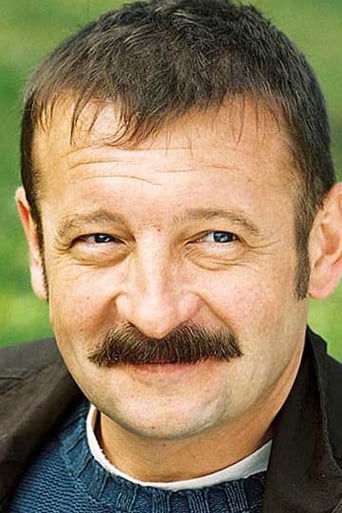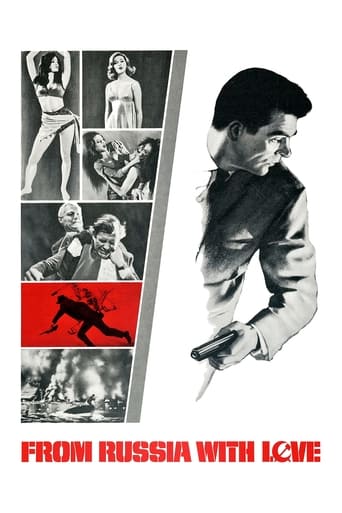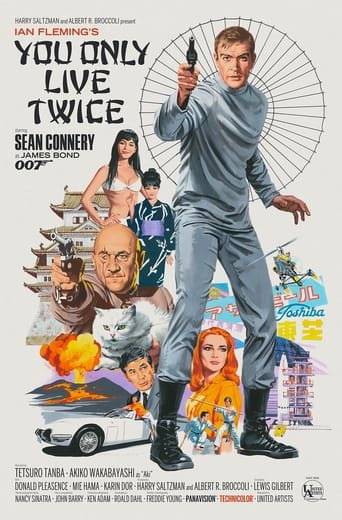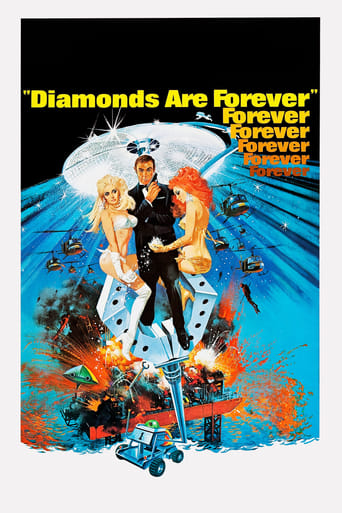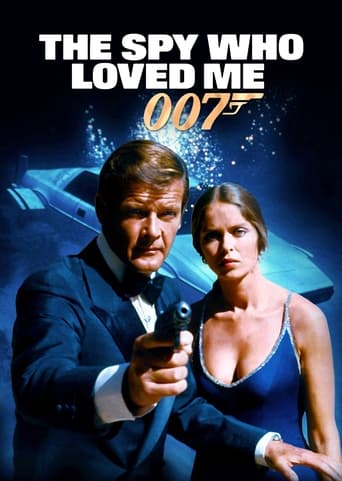
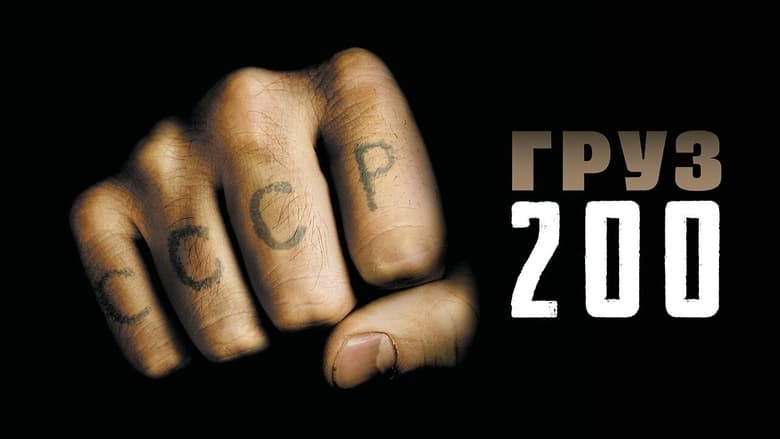
Cargo 200 (2007)
While returning to Leningrad from a visit to his brother, Professor Artyom's car breaks down and he finds assistance at an isolated farmhouse occupied by Alexey, his wife, a Vietnamese laborer, and a stranger who wanders around the farm. When his car is repaired, Artyom leaves, drunk on moonshine, and students Valera and Angelika arrive. After Valera gets drunk, the stranger abducts Angelika.
Watch Trailer
Cast
Similar titles
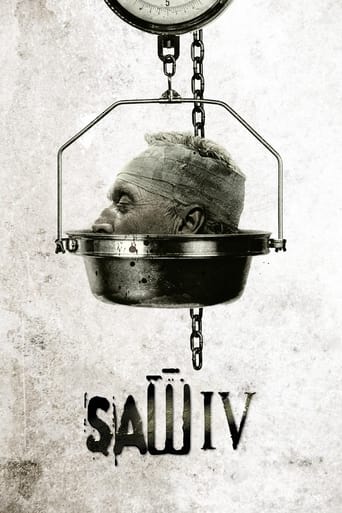
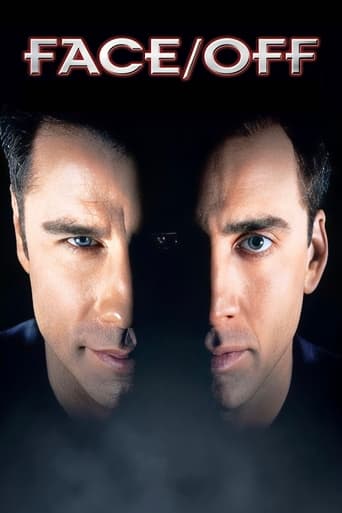
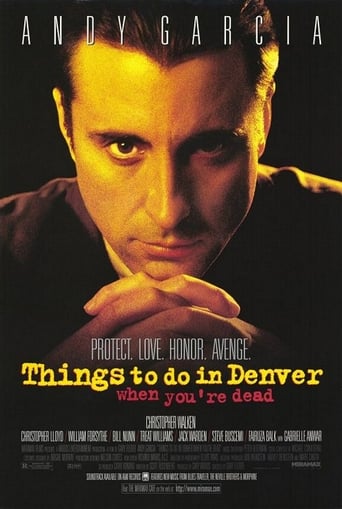
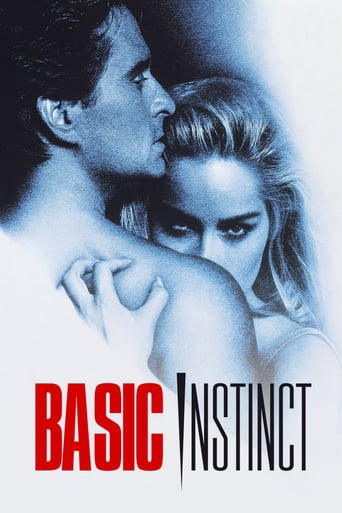
Reviews
The film's masterful storytelling did its job. The message was clear. No need to overdo.
It is neither dumb nor smart enough to be fun, and spends way too much time with its boring human characters.
It is encouraging that the film ends so strongly.Otherwise, it wouldn't have been a particularly memorable film
A terrific literary drama and character piece that shows how the process of creating art can be seen differently by those doing it and those looking at it from the outside.
Unique, deeply disturbing combination of 'Last House on the Left' type horror, pitch-black political satire, and fury at the sickness of one's own society. The film was said by it's director to have been explicitly made to combat the growing nostalgia, fueled by Putin, for Soviet era Russia. Based on true events that occurred in 1984, as the Soviet Union sank ever deeper into the Afghanistan quagmire ('Cargo 200' is the code names for bodies being brought back from the war), this depiction of a 'Deliverance' type grotesque family who sell illegal booze to finance their fantasy of one day creating a utopia in the middle of nowhere, and the complete psychopath of a police captain 'friend' who protects, but ultimately turns on them, and ends up committing murder, along with rape, torture and kidnapping of a young girl who happens by – all while being paid by the government. The slow build is handled pretty brilliantly, and we're surprised over and over at exactly who turns out to do what – although the feeling of doom hovers over the film from it's first moments. By the end of the film, the depravity is so insane, and depicted in such a matter- of-fact way, that the only reaction one can have is to laugh a terribly disturbed, uncomfortable laugh. It's as if Balabanov took torture porn, but turned it into the darkest possible comedy performance-art by having it comment on the world in a bigger way (but isn't that really what all the truly great horror films do?) The cinematography is also 'beautiful' in its almost loving framing of ugliness, both human and industrial.Major plot questions are left unanswered, but that doesn't feel like sloppy film-making, but rather an intentional (if frustrating) method of making us ponder what we've just witnessed, instead of being able to walk away and forget. Some of the acting is awkward, but there are images I that will stick with me a long time, and I have the feeling the film might grow even deeper on repeated viewings. It isn't often you read various critics comparing a film to both the Coen bothers and 'Saw', or a critic saying 'it made me want to puke, and I mean that as a high complement', but it's that much a one-of- a-kind film.
Here is what Balabanov wants to tell us. "Russian people" (Aleksey) drinks, believes in God and dreams of the City of the Sun. "Russian people" sat in prison in the past (reference to the Gulag) and remains indebted to "political regime" (Captain Zhurov). The latter of course is a mockery of the Soviet propaganda's idea that people "owe" a lot to Soviet power. Zhurov commits a crime by killing a Vietnamese (which can be read as the regime's crimes against the non-Russians), but it is the "people" (Aleksey) who become inculpated and executed. "Remember, you owe me something," says Captain Zhurov ("political regime") to Aleksey ("the people"). "Russia" is represented simultaneously as a mother (Captain Zhurov's alcoholic mother), a wife (Antonina, Aleksey's wife) and a bride (Angelica). Political regime turns "Russia-as-mother" into a hopeless degenerate (through alcohol and TV addiction). Then, political regime turns "Russia-as-wife" into a widow (the execution of Aleksey – "the people") and finally it violates "Russia-as-bride". It first presents "Russia-as-bride" with a dead corpse of her bride-groom (paratrooper killed in Afghanistan (or Chechnia?)). Since, "political regime" (and Captain Zhurov) is sexually impotent and cannot substitute the bride-groom, it has an ugly criminal (urka) violate "Russia-as-bride" (Angelika) and then completes the girl's torment by reading her the letters of the dead fiancée (Soviet propaganda's cynical play on the sacred feelings?). "Political regime" professes love to "Russia-as-bride" but opines that this love is unrequited. Antonina ("Russia-as-widow") kills Captain Zhurov (a reference to Russian rebellion), but that of course does not restore the lost purity of Angelica ("Russia-as-bride") Russian rebellion is, after all, bloody and senseless. The crucial thing is that the story does not show the way towards redemption. The teacher of "scientific atheism" (Artem) comes to the Church to be baptized, but the sacrament (if it really happened) remains off-screen. The bottom-line is that political regime is a sadist violator from which there is no escape. In the end, what effect did the director seek to achieve with such a representation? Only one: he wanted the viewer to have the feeling that it is he or she who has (is) been violated. Both the rape featured in this film and the symbolic rape that is stands for, serve to obscure the fact that the actual rape happens in the course of watching the film and that the real rapist is not Zhurov (political regime) or its proxy (criminal), but the film itself. Its goal is to turn the people watching it into a raped subject and thereby complete the material, moral and psychological destruction that the country has experienced for a quarter of a century. It imposes upon the viewer a socio-political imagery (characters and relations between them) which deranges the mind, paralyzes the will and renders meaningless any action. It is the deadliest film I have seen in my life. It should have been cut to pieces and its director placed into a mental asylum, for, needless to say, the fantasy of inescapable rape could emerge only in a profoundly diseased mind.
A lot of the reviewers of this movie in the media seem to overlook the fact that Balabanov as a director repeatedly demonstrated a very deadpan and a very dark sense of humor. The joke's certainly on them. Watch taking this into consideration. A few more notes. The movie is loosely based on real events, some of the more unfortunate of which allegedly happened with one of the director's friends. The movie caused a major scandal at the 2007 Kinotavr movie festival (Russia's Sundance, pretty much). The awards are given based on the movie critics' vote. That vote was in favor of "Cargo 200" for "Best movie." The festival jury, however, overturned the results of the movie critics' vote and split the award between "Gruz 200" and another movie.Finally... I dig Balabanov, I despise Gaspar Noe, and here's why. Balabanov doesn't take himself too seriously.
In my opinion, Malenkaya Vera is a better film at showing the decay of the USSR in it's last days. It's also more accessible to the foreign viewer. There was a lot that was lost in translation in Gruz 200, and it requires more knowledge of Soviet history to truly understand the film. That said, the look of the film was very good. The soundtrack is effective too. The disco scene at the beginning was one of my favorites, especially with the guys doing the robot in the background.Balabanov is heavy handed as usual, but then that is part of what I enjoy about his films. He is truly an original filmmaker. He should also be commended for trying to put an end to unwarranted nostalgia for the Soviet Union.


